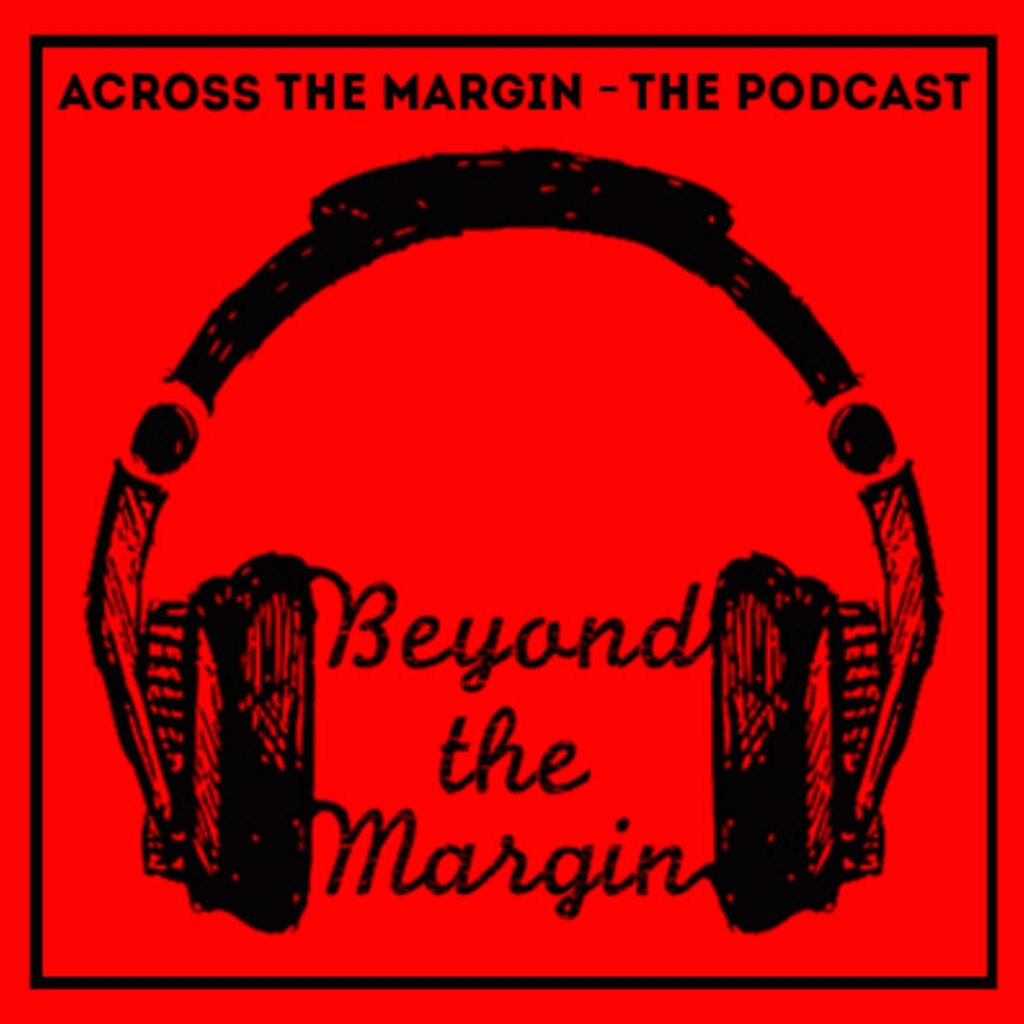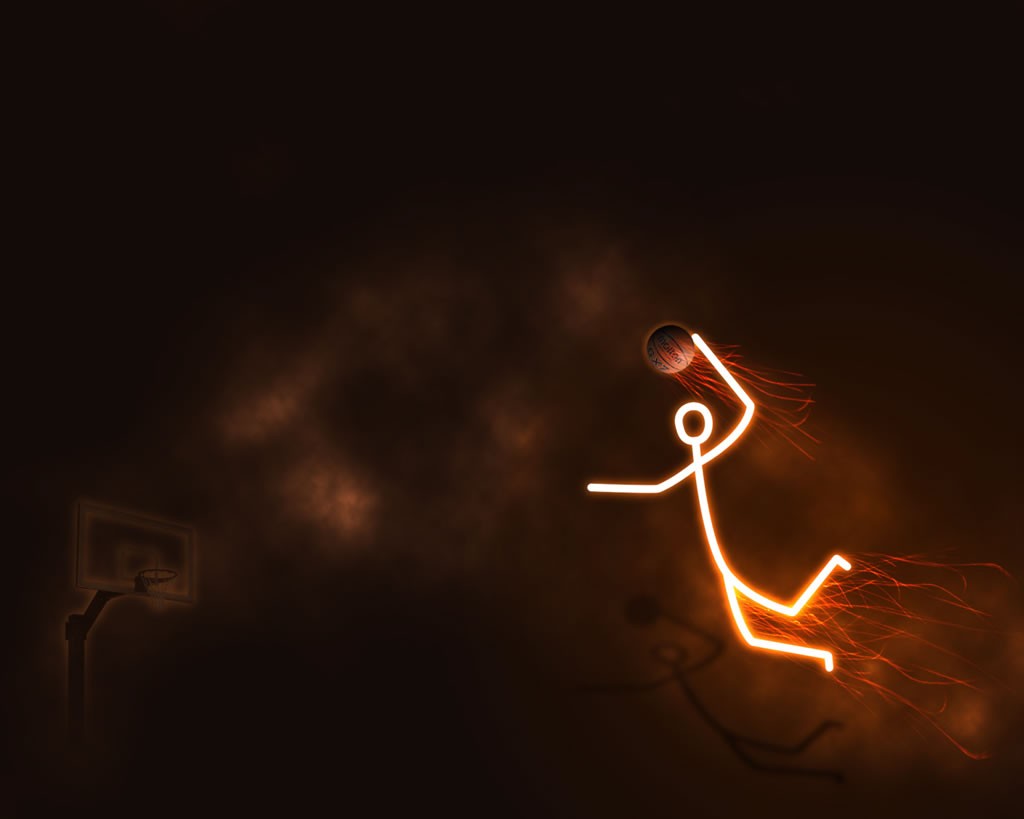In contemplation of the empowering abilities of Elliott Smith’s masterpiece, XO, released twenty years ago today…

by: Michael Shields
In the early 2000s I moved to Brooklyn, New York from the West Coast, where I often felt like an out of place East coaster who was attempting to make my way in a land of palm trees, stacked surfboard car racks, sleeve tattoos, and sunbathing seals. While New York, with its gritty underbelly and feisty pace, more aptly suited my sensibilities, it was still a unique beast, one that would require some acclimation. In those fledgling months in the big city, I often wandered the concrete jungle aimlessly, confounded by and attempting to make sense of its grandiosity and limitless energy. As I still do to this day, I leaned on music for reprieve during those countless meanderings, as well as for strength and guidance. While released a few years prior to my wanderings, in August of 1998, there was no other album in this time period that I leaned on more in the manner I did than Elliott Smith’s XO. And one track in particular acted as my port in storm, “Waltz #2 (XO).”
Well into my twenties, I found myself engrossed in a haze of angst, holding on, perhaps too tightly, to the restlessness that brews within misunderstood adolescence. It is here where the lyrics of “Waltz #2 (XO)” emboldened my spirit and lit my way. “Tell Mr. Man with impossible plans…to just leave me alone,” Smith crooned with the fire of revolt and the misgivings of displacement. Forging ahead through the world the only way I knew how, and doing what I rationalized was the best I could do, I related to a kindred apathy as Smith professed, “I’m so glad that my memory’s remote…cause I’m doing just fine hour to hour, note to note.” “Waltz #2 (XO)” empowered me, and made me feel a little less alone at the time, and a little more normal. Even today, it cuts to my core.
In reality, what Smith was alluding to in a poetically-veiled manner throughout “Waltz #2 (XO),” was his adolescence in the Cedar Hill suburbs of Texas where he lived with his mother, Bunny, and his stepfather, Charlie. The ire so ever present throughout the song was directed at Charlie (“You’re no good, you’re no good, you’re no good”), a man whose presence was stifling to Smith’s development, so much so that happiness for him was only found void of his stepfather’s company (“in the place where I have what it takes”). Smith is understandably disappointed in his mother’s choice in Charlie, painting her as deprived of emotion (“Stares into space like a dead china doll”), but refuses to allow this disconnect (“I’m never going to know you now…”) to fracture their relationship (“…but I’m going to love you anyhow”). Smith knew what it felt like to be shit on by Charlie, and by those that misunderstood him, and it was this sort of empathy and unmitigated vulnerability in his music that made his work so remarkable, and which forged not simply “Waltz #2 (XO)” but the entirety of XO as an album just as moving today as it was upon its release twenty years ago this week.
XO was Elliot Smith’s debut album on a major label (Dreamworks Records) but it was far from his introduction to the masses. His previous album Either/Or, released on Kill Rock Stars, was critically acclaimed and many in the industry recognized Smith’s songwriting prowess, but it wasn’t until he received an Oscar nomination for the song “Miss Misery” off the Good Will Hunting soundtrack where the lo-fi, whispery stylings of Elliott Smith were unwittingly thrust into the spotlight. With an unforgettable and deeply affecting performance at the 1997 Academy Awards, XO became one of the most anticipated albums to be released that year, a unique concept considering the muted scope of most of Smith’s previous work. With the eyes of the world on him, Smith delivered one of the most beautiful and deeply moving albums of his accomplished career.
With a major label now backing his efforts, Elliott Smith was able to take his normally lo-fi affairs and craft lush and building soundscapes to accompany his introspective and heartfelt lyrical stylings. What underlies all of Smith’s music is an honesty and a pain that is agonizing to consume as he bares his soul, and this escalates in a new and unique way for Smith throughout XO. Although he did compose all of the songs on XO on an acoustic guitar, the arrangements throughout the album were enriched by sensuous string arrangements, vocal overdubs, and an ensemble of auxiliary musical instruments. On the albums opener “Sweet Adeline,” for example, what commences as a straightforward acoustic jaunt ripens to an entirely different beast with the introduction of a buoyant piano melody and a pulsating drum beat. The enchanting ballad “Baby Britain” too is powered by the employment of a piano, as is the wonderfully haunting “Waltz, No. 1,” but the almighty example of this heightening of powers showcased on XO is the spirited rocker, “A Question Mark.” While acting vocally as an admonishment on all those who believe in absolutes, the know-it-alls of the world, “A Question Mark” is sonically as industrious a track ever produced by Smith, so unique in fact as to feature spry saxophone bursts throughout.
Whilst Smith’s sound was undeniably swelling and progressing with the release of XO, what tremendously stands out in the album, as with everything he did in his short, brilliant career, is the utter humanity throughout his music. Smith wore it all on his sleeve, and no more so than in the masterpiece that is XO. Journeying without reserve into his thoughts about family, friends, and the perplexing world around him, Smith sought to make sense of it all in XO, or more aptly put, to shine a light on just how senseless it all could be. XO was a profoundly personal album to Smith, and unsurprisingly, many of its fondest admirers feel the same. From my fledging days in New York City and the aforementioned aimless wanderings that defined the time, unto this very day, I get lost in some of my deepest thoughts each and every time I indulge in the album. XO affected me viscerally, and unbelievably still does, even twenty years after its release.





